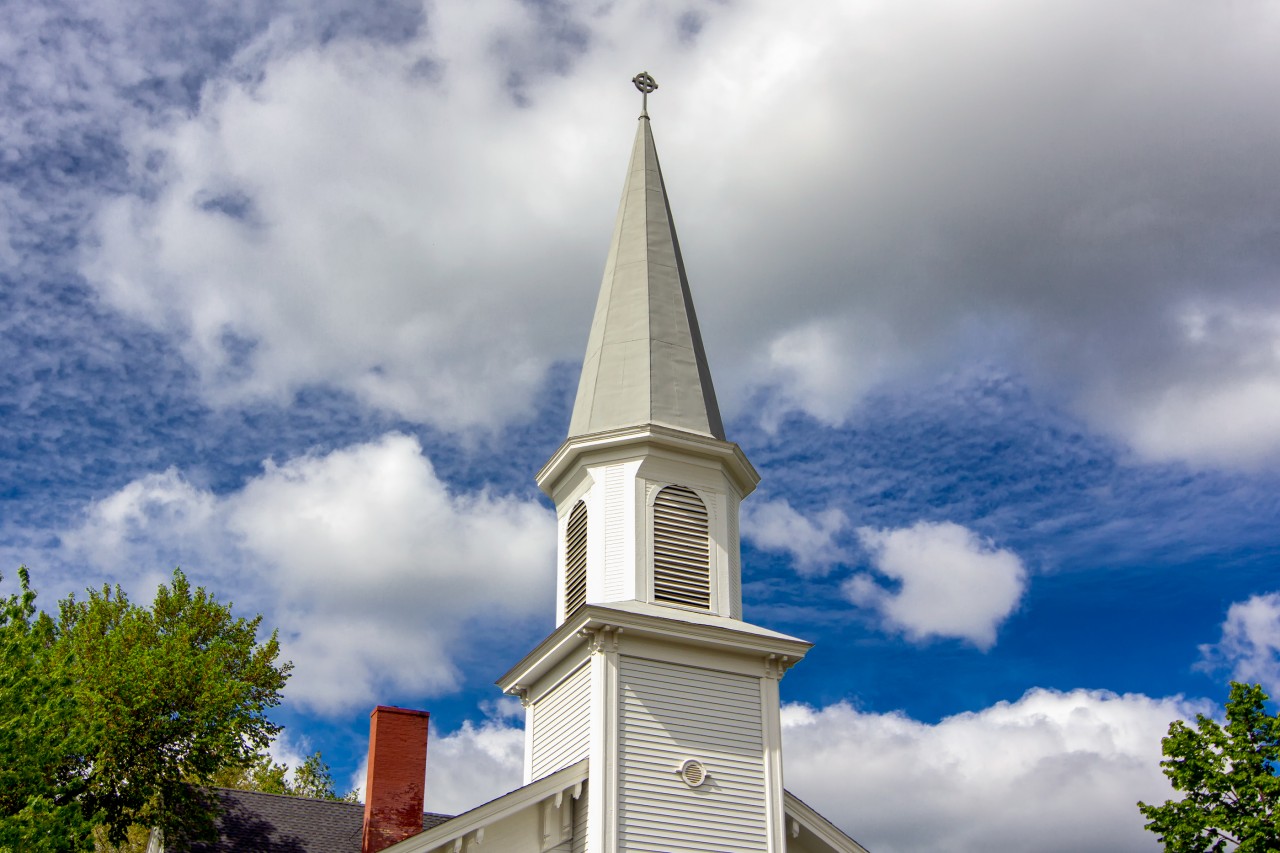WASHINGTON (BP)—The U.S. Supreme Court’s rejection of a California church’s emergency appeal of the state’s restriction on worship gatherings failed to provide the clear guidance needed during the COVID-19 pandemic, according to Southern Baptist religious freedom leader Russell Moore.
The high court declined to grant an injunction for a San Diego-area church in a 5-4 decision late May 29. After failing at the federal appeals court level, South Bay United Pentecostal Church in Chula Vista had asked the Supreme Court May 23 to block enforcement of California’s limitation on attendance at worship services.
Gov. Gavin Newsom had issued an executive order permitting businesses such as retail stores and restaurants to open with social distancing during Phase 2 of reopening the state, but he had postponed worship services until Phase 3. On May 25, the state issued new guidelines that permitted churches and other religious groups to meet at 25 percent of building capacity.
In a brief opinion in which no other justice joined, Chief Justice John Roberts—who agreed in the majority with what is considered the court’s liberal wing—said California’s restrictions “appear consistent with the Free Exercise Clause of the First Amendment.”
Roberts wrote that constraints similar to or stricter than those on churches apply to “comparable secular gatherings” such as concerts, theater shows and spectator sports “where large groups of people gather in close proximity for extended periods of time.” The activities that receive more lenient treatment, including shopping at grocery stores and conducting business at banks, are unlike worship services, Roberts said.
Moore, president of the Ethics & Religious Liberty Commission (ERLC), said he wished the justices “had acted to bring more constitutional clarity to this pressing question. There is no dispute that the government has a compelling interest in restricting assemblies during times of pandemic, but several states (including California) have pursued policies that are inconsistent, incoherent and not neutral toward religious gatherings as opposed to non-religious gatherings.”
In an ERLC news release, Moore said Roberts is correct in saying “a large gathering of people is not the same as a small business where people can socially distance one by one. And yet, in many states, that’s not where the distinction is being made. In some places, casinos are open while houses of worship are not. That is not sound public policy, and it sets a bad precedent.
“States should set their policies according to the behaviors that can and cannot happen safely, the numbers of people that can be gathered, not on whether the assembly is a church or not a church, and they should apply those standards equally and neutrally,” he said. “This pandemic is a perilous time. We need to emerge from it with both our public safety and our First Amendment intact. We can do that, but only if elected officials and the courts take seriously the matters both of public health and of constitutional freedoms.”
Travis Wussow, the ERLC’s general counsel and vice president for public policy, told Baptist Press in written comments: “The process of reopening our communities is going to be a difficult one that is going to require grace and patience with each other as we come to this discussion with different assumptions and perspectives. At the same time, government officials have a unique obligation to listen to and serve their communities, including communities of faith. The Constitution acknowledged the unique role faith plays in the lives of Americans, and our governing officials need to come to these decisions with that in mind.”
Associate Justice Brett Kavanaugh said in a written dissent he would grant a temporary injunction “because California’s latest safety guidelines discriminate against places of worship and in favor of comparable secular businesses. Such discrimination violates the First Amendment.” The “basic constitutional problem,” Kavanaugh wrote, is California’s 25 percent occupancy limit does not apply to “comparable secular businesses,” such as restaurants, retail stores and cannabis dispensaries.
Associate Justices Clarence Thomas and Neil Gorsuch joined Kavanaugh in his written dissent.
The overwhelming majority of churches and other religious bodies have abided by government policies during the pandemic, but restrictive policies in some states regarding the restoration of corporate worship have resulted in disagreements between faith communities and governors.
An attorney representing South Bay United Pentecostal Church said it would continue with its appeal on the merits of the case to the Ninth Circuit Court of Appeals, which rejected the church’s emergency appeal for an injunction May 22. A possible return to the Supreme Court for a decision based on the merits would offer the church “a much more favorable standard,” said Charles LiMandri, who is serving as special counsel for the Thomas More Society.
“Although this interim ruling is disappointing, it’s clear to us that, without the filing and vigorous litigation of this lawsuit, churches would still be closed in California under Governor Newsom’s original shut-down orders,” LiMandri said in a written statement.
When Newsom’s previous order was in effect, the U.S. Department of Justice wrote him May 19 to say it believes the U.S. Constitution “calls for California to do more to accommodate religious worship.”
“Simply put, there is no pandemic exception to the U.S. Constitution and its Bill of Rights,” Assistant Attorney General Eric Dreiband told Newsom. “Religious gatherings may not be singled out for unequal treatment compared to other nonreligious gatherings that have the same effect on the government’s public health interest, absent the most compelling reasons.”
Bill Agee, executive director of the California Southern Baptist Convention, encouraged Newsom in a May 15 letter to move churches to Phase 2 of his reopening plan, a spokesman for the convention told BP.





